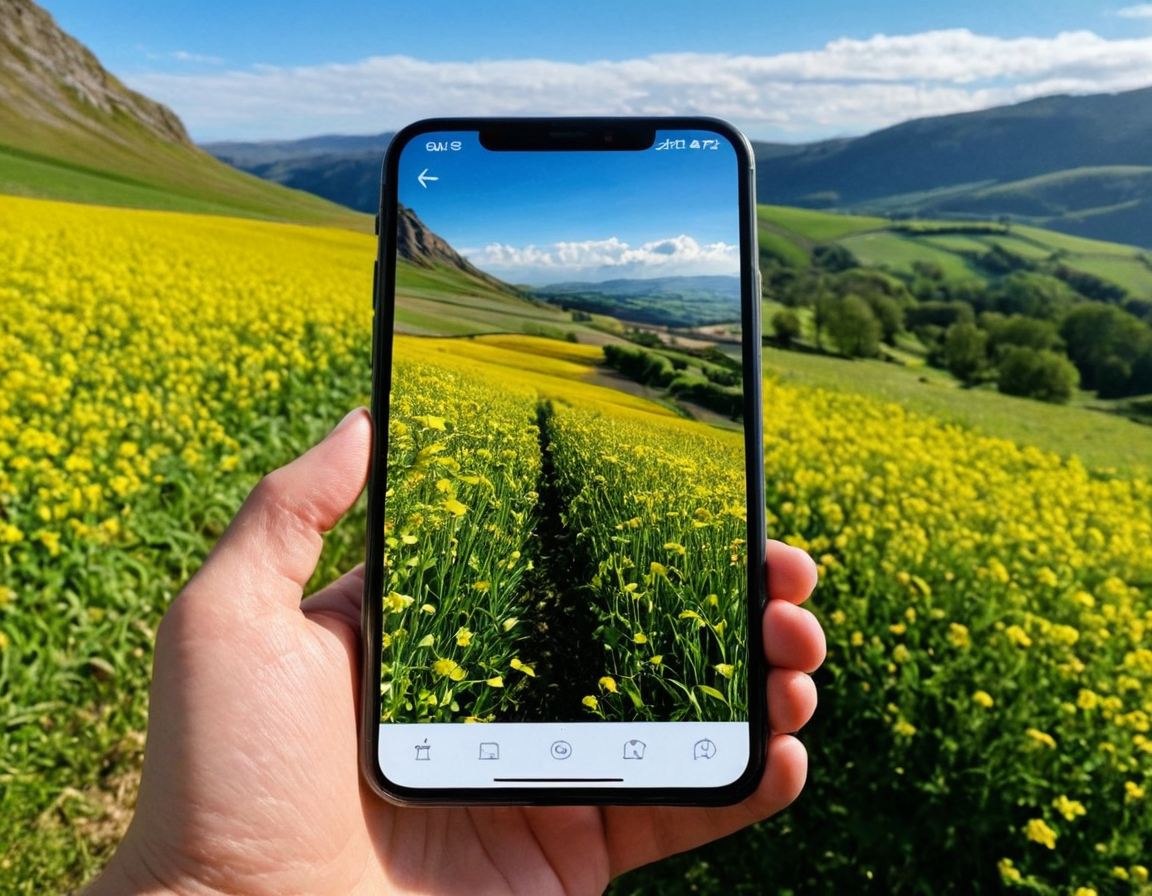Top 11 Tips for Better Phone Photography

How to Take Good Photos with a Phone: 11 Killer Tips
As the world becomes increasingly digital, our smartphones have become an essential tool for capturing life’s precious moments. With the quality of camera technology improving exponentially, taking good photos has become more accessible than ever. However, it requires skill and practice to produce high-quality images that are visually appealing.
In this article, we’ll explore 11 killer tips to help you take stunning photos with your phone, covering topics such as composition, lighting, and editing.
Understanding Your Phone’s Camera Capabilities
Before diving into the nitty-gritty of photography, it’s essential to familiarize yourself with your phone’s camera features. Most modern smartphones come equipped with advanced camera software that allows for manual controls, filters, and editing options.
Take some time to explore these settings, and understand how they can be used to enhance your photos. For instance, adjusting the exposure compensation, ISO, or white balance can make a significant difference in the final result.
Setting Up Your Phone for Photography
Before you start taking pictures, ensure that your phone is optimized for photography. This includes:
- Turning off any unnecessary features, such as location services or notifications
- Adjusting the screen brightness and color temperature to match the lighting conditions
- Using a tripod or stabilizer to minimize camera shake and blur
By setting up your phone in this way, you’ll be able to focus on capturing great images rather than dealing with technical issues.
Composition is Key
A well-composed image can make even the most mundane subject look visually appealing. Here are some composition tips to keep in mind:
- Rule of thirds: Divide the frame into thirds both horizontally and vertically, placing your subject along these lines or at their intersections.
- Leading lines: Use leading lines to guide the viewer’s eye to the subject, such as roads, paths, or shorelines.
- Framing: Use natural or man-made features to create a frame around your subject, adding depth and context.
Working with Lighting
Lighting is one of the most critical elements in photography. Natural light can be used to add depth, warmth, and dimension to your images. Here are some lighting tips:
- Golden hour: Shoot during the golden hour (dawn or dusk) for warm, soft light that adds a sense of drama and atmosphere.
- Avoid harsh midday sun: Midday sun can create unflattering shadows and highlights that ruin the image.
- Use artificial light: In low-light conditions, consider using external lighting sources to add depth and dimension.
Simplifying Editing
While editing is an essential part of post-processing, it’s easy to overdo it. Here are some simplified editing tips:
- Crop and straighten: Crop out unwanted elements and straighten the image to ensure proper composition.
- Adjust exposure: Adjust the exposure compensation to balance the brightness and darkness in the image.
- Apply filters: Use filters or presets to add a touch of style or atmosphere, but avoid overusing them.
By following these tips, you’ll be well on your way to taking stunning photos with your phone. Remember, practice makes perfect, so keep experimenting and pushing yourself creatively.
Tags
phone-photography digital-camera-tips smartphone-photo-taking mobile-photography-skills prosumer-phone-cameras
About Sebastian Taylor
I'm Sebastian Taylor, a photographer and blogger passionate about sharing inspiring stories, expert tutorials, and game-changing tools for creative photographers on lentecreativa.com. With years of experience in capturing stunning images, I help artists elevate their craft and bring their vision to life.
